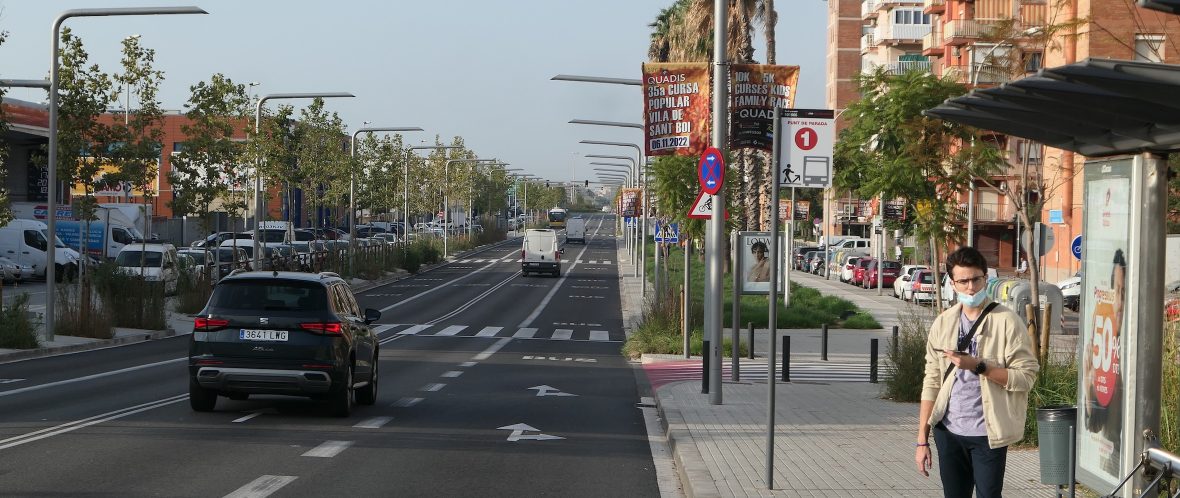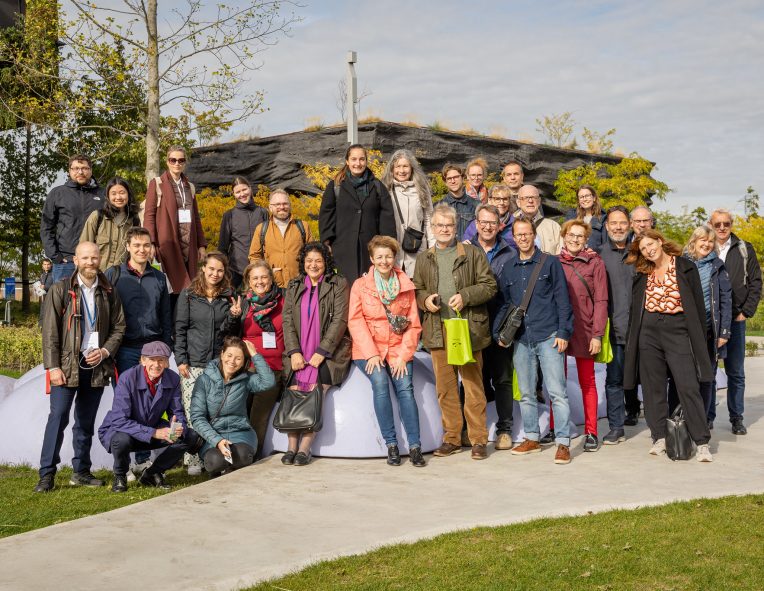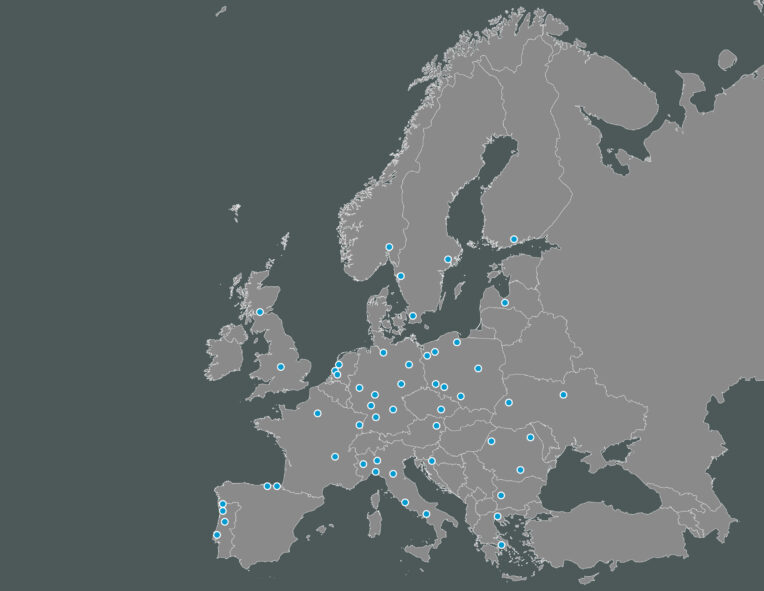All over the world, cities and regions are confronted with the ambiguous heritage of extensive networks of highways and their fragmented urban landscapes. Limited-access expressways still play an important role in moving people and goods within metropolitan areas, but they may not be the most efficient and sustainable way to do the job.
Highways with segregated interchanges create physical barriers and take-up great chunks of precious urban and suburban land that could have other uses; they tend to limit pedestrian and bike movement, and sever access to waterfronts and nature. The high volumes of traffic these highways support generate noise, dust and air pollution, raising health and social justice issues for local communities. By providing seemingly easy access for cars and heavy-goods vehicles, extensive highways networks encourage car-centric lifestyles, urban sprawl, mono-functional uses of space which in the end leads to more traffic and congestion.
Social and economic patterns are changing with growing aspirations for the vibrancy of city life and car-free living in denser, mix-use neighbourhoods served by multi-use and greener public spaces, in close contact with nature. Cities and metropolitan regions respond to these trends by redeveloping former industrial and car-oriented city fringes for more intensive land-uses, with the support of new metro, tramway or express bus lines. These projects are increasingly becoming catalysts for green development strategies, sustainable urban mobility programmes and climate-neutral policies.
The Covid crisis shows a rapid change in mobility, housing, working and leisure patterns, opening a window of opportunity to reset our urban development and transport models. Converting urban highways’ into green and active city boulevards could be a powerful way of making cities-regions both climate-neutral environments and desirable places to live.
From Roads to Street Expert Group
Three European networks are currently collaborating in a joint-learning platform to understand how transforming highways can help cities and regions reach their climate-friendly, sustainable urban development and mobility goals, while working to become more liveable, socially inclusive and economically attractive:
- METREX, the Network of European Metropolitan Regions & Areas, From Roads to Streets Expert Group (lead Institut Paris Region)
- EUROCITIES, Urban Regeneration in the City Fringe Working Group (lead City of Oslo)
- URBACT RiConnect Action Planning Programme (lead Barcelona Metropolitan Area)
Over 20 European cities and regions are now taking part in the From Roads to Streets or expressway-to-boulevard learning platform, with the support of international experts, through online workshops (including a Helsinki-Barcelona workshop and four joint events), digital seminars (including The Future Design of Streets seminar) and physical meetings.
Programme of work
Since March 2020, METREX, the Network of European Metropolitan Regions and Areas, has launched the From Roads to Streets Expert Group as a platform for the exchange of knowledge and experience on the conversion of urban highways into city streets as a key measure to transform metropolitan cities and regions.
As the lead partner of this METREX Group, L’Institut Paris Region, the metropolitan region’s Planning & Environmental Agency, works with partners such as EUROCITIES Regeneration on the City Fringe, URBACT RiConnect, and The Future Design of Streets networks. To this day, over twenty European cities and regions have taken part in the From Roads to Streets learning platform through online meetings and physical workshops (see below).
Until 2023, six From Roads-to-Streets Transformation experiences have been published, providing unique insights into the processes of adapting grey infrastructure to the social and environmental needs for today and the future (all reports downloadable below):
- Helsinki’s City Boulevard Strategy and Projects
- Oslo: Rethinking City Fringe Highways in Hovinbyen
- Lyon: Regaining the Waterfront. M6/M7 Highway Transformation
- Brussels: From Expressways to Avenues. Delta-Herrmann-Debroux
- Barcelona : Metropolitan Avenues. C-245 Road & Meridiana Projects
- Warsaw: Green Streets? Jana Paula Avenue
An international workshop about the future of the riverbanks highway in Lyon was held in August 2021 with a joint METREX-EUROCITIES conference in October 2021. Since then, four workshops on highway-to-boulevard transformation, urban intensification and green street design have taken place in Brussels (March 2022), Vilnius (June 2022), Amsterdam (October 2022), and Prague (May 2023). The next workshop is planned in Düsseldorf next October.
The METREX Expert Group also took part in the World Urban Forum in Katowice in June 2022, in the URBACT RiConnect final event in Barcelona in July 2022, and in the Future Design of Streets Seminar in Porto in November 2022 (material below).
Work will continue in 2023-2024 bringing together experts, practitioners, and academics from different horizons. A final Manifesto and White Paper on Road-to-Street Transformation as a key component of sustainable development policies for livable, just, and resilient cities and regions will be prepared to support a final international conference planned for Spring 2024.
From Roads to Streets Workshop in Lyon, 2021
An international workshop about the future of the Rhône river banks highway in Lyon was held in August 2021 with a joint UrbaLyon-METREX-EUROCITIES-URBACT event with elected officials in October.
Work is also being initiated by with the three-networks platform to understand how EU could help cities and regions to deliver combined urban regeneration and mobility infrastructure transformation strategies.
Key contact
Group Leader
Paul Lecroart
Senior Urbanist, L’Institut Paris Region
Contact
Stephen Gallagher
Head of Secretariat, METREX
stephen.gallagher@eurometrex.org



